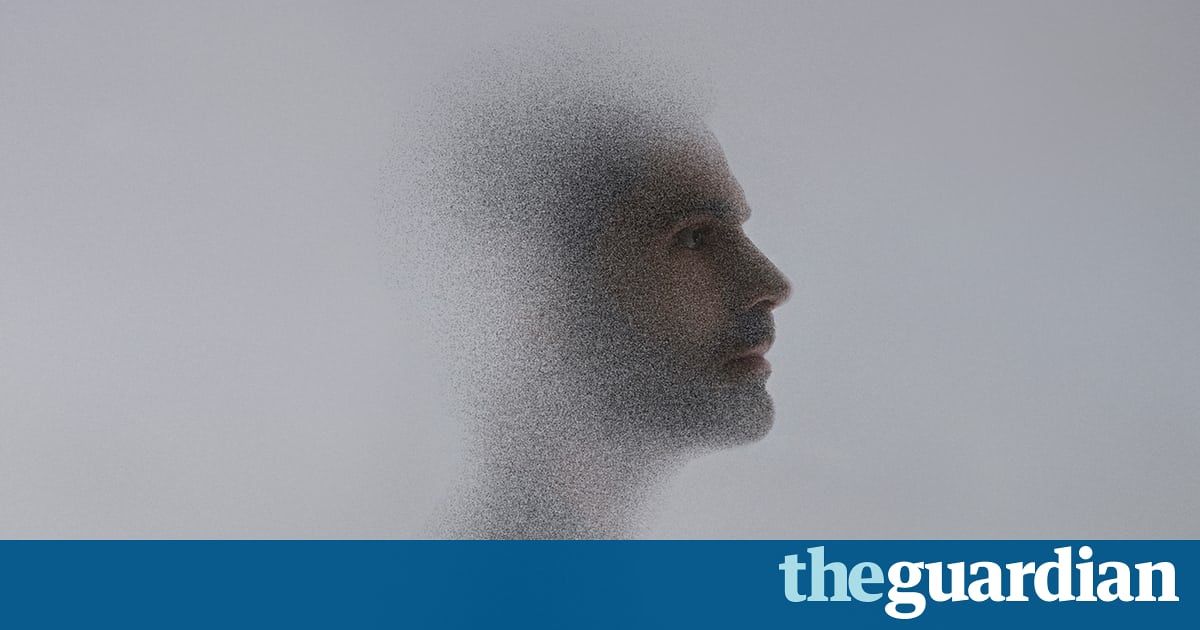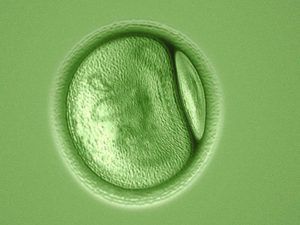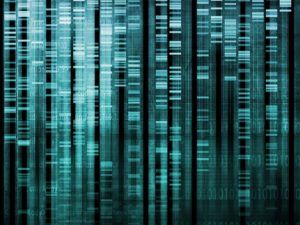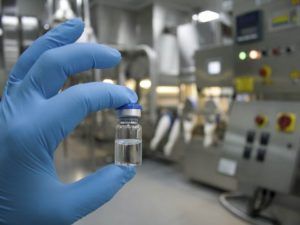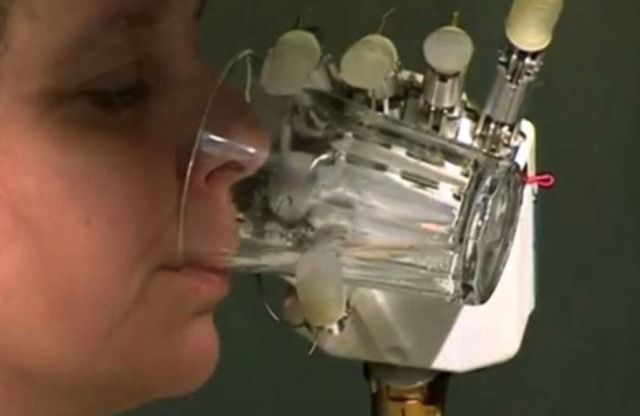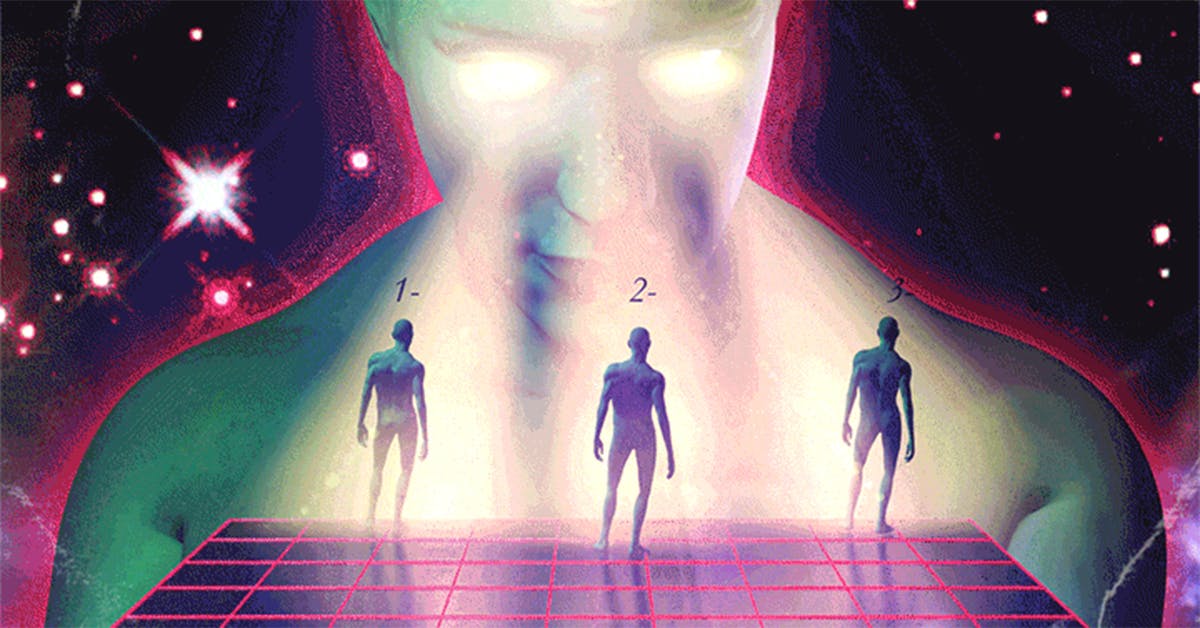Prosthetics have improved my leaps and bounds over the past century and we’ve reached a point where someone with an artificial limb is often just as capable (and in some cases even more capable) than a person with their natural arms and legs. Still, prosthetics have long fell short in one very important aspect, which is the sense of touch afforded by human skin. That could all be changing thanks to an incredible breakthrough that has provided a woman with a bionic hand that can actually feel.
Almerina Mascarello lost her left hand and part of her forearm in an accident more than two decades ago, and was chosen as one of the test subjects for a new type of prosthetic that relays the feeling of touch to the wearer. Remarkably, it seems to work brilliantly.
Don’t Miss : Apple brand battery cases for the iPhone 6/6s and iPhone 7 are discounted on Amazon.
